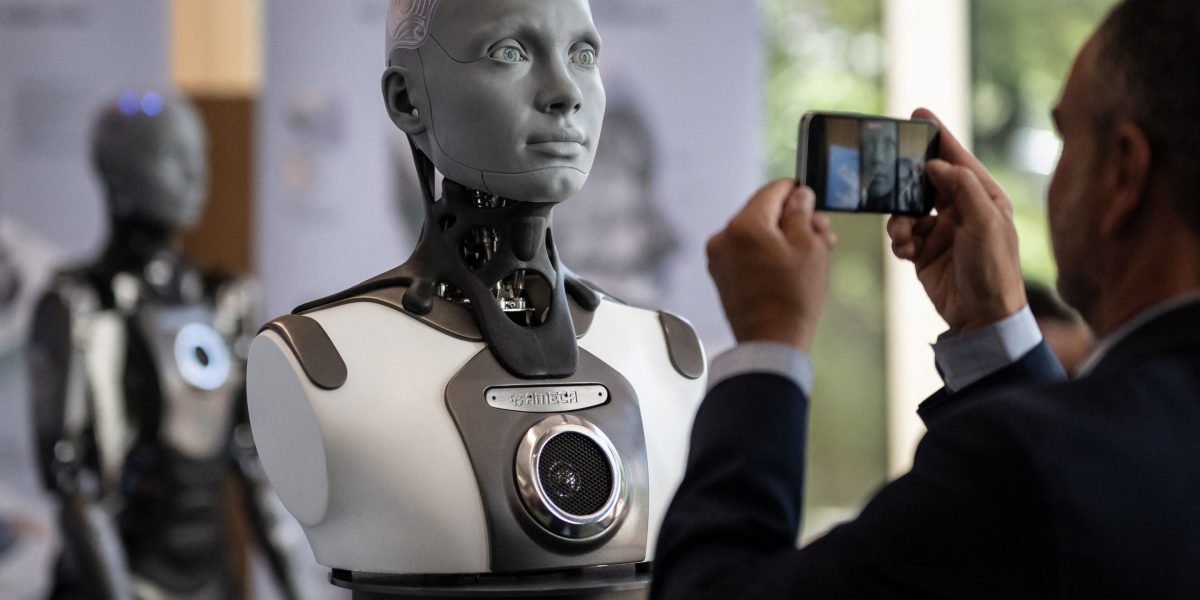In an open letter published on Tuesday, more than 1,370 signatories—including business founders, CEOs and academics from various institutions including the University of Oxford—said they wanted to “counter ‘A.I. doom.’”
“A.I. is not an existential threat to humanity; it will be a transformative force for good if we get critical decisions about its development and use right,” they insisted.



AI scraping and stealing people’s art is literally nothing like a search engine.
Maybe that would hold up if the original artist was paid and credited/linked to, but right now there is literally zero upside to having your artwork stolen by big tech.
@donuts would you please share your thinking?
I certainly agree that you can see the current wave of Generative AI development as “scraping and stealing people’s art.” But it’s not clear to me why crawling the web and publishing the work as a model is more problematic than publishing crawl results through a search engine.
@throws_lemy @SSUPII @technology
@donuts
For example, image search has been contentious for very similar reasons.
@throws_lemy @SSUPII @technology
@donuts
I certainly think that a Generative AI model is a more significant harm to the artist, because it impacts future, novel work in addition to already-published work.
However in both cases the key issue is a lack of clear & enforceable licensing on the published image. We retreat to asking “is this fair use?” and watching for new Library of Congress guidance. We should do better.
@throws_lemy @SSUPII @technology
Search engines are rightly considered fair use because they provide a mutual benefit to both the people who are looking for “content” and the people who create that same “content”. They help people find stuff, which basically is good for everyone.
On the other hand, artists derive zero benefit from having their art scraped by big tech companies. They aren’t paid licensing fees (they should be), they aren’t credited (they should be), and their original content is not visible or being advertised in any way. To me, it’s simply exploitation right now, and I hope that things can change in the future so that it can benefit everyone, artists included.